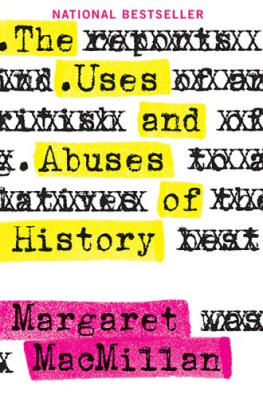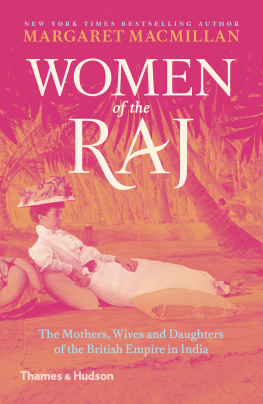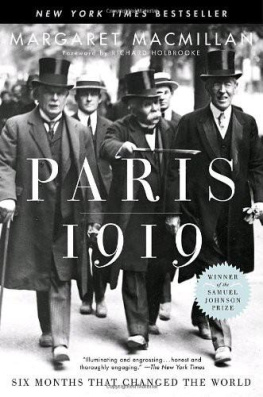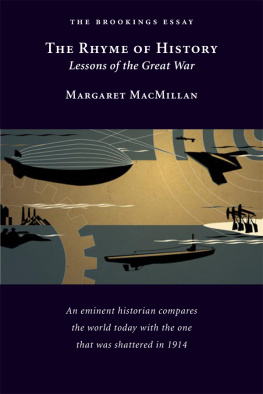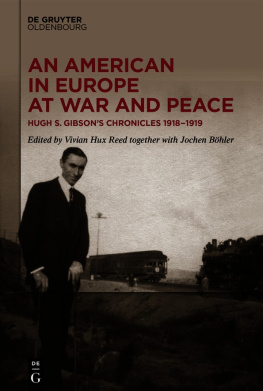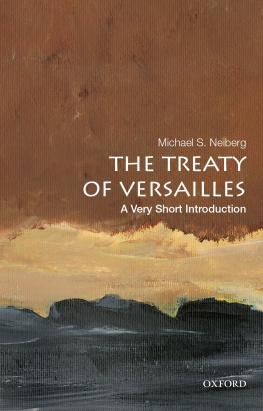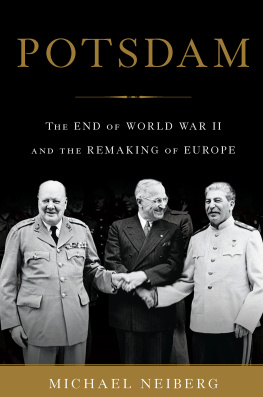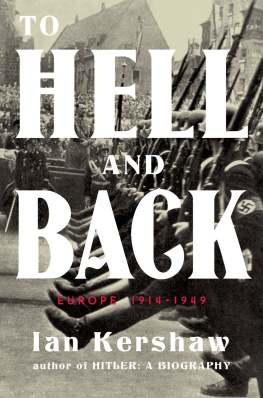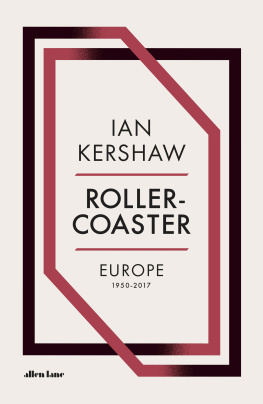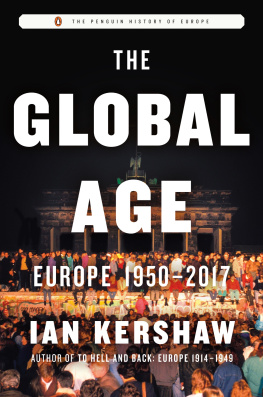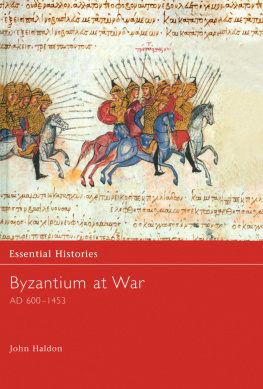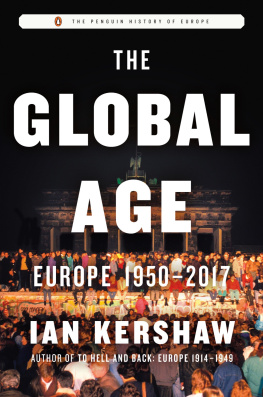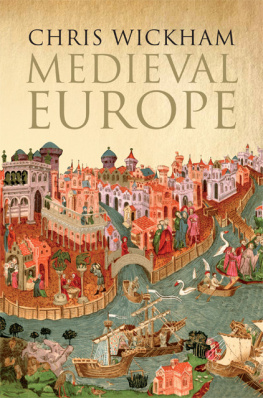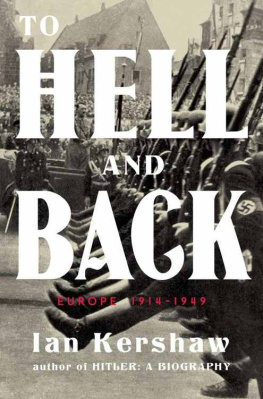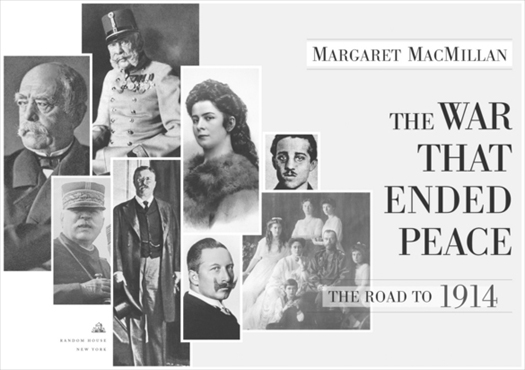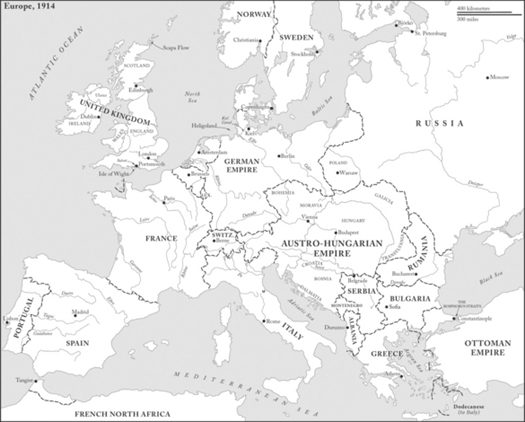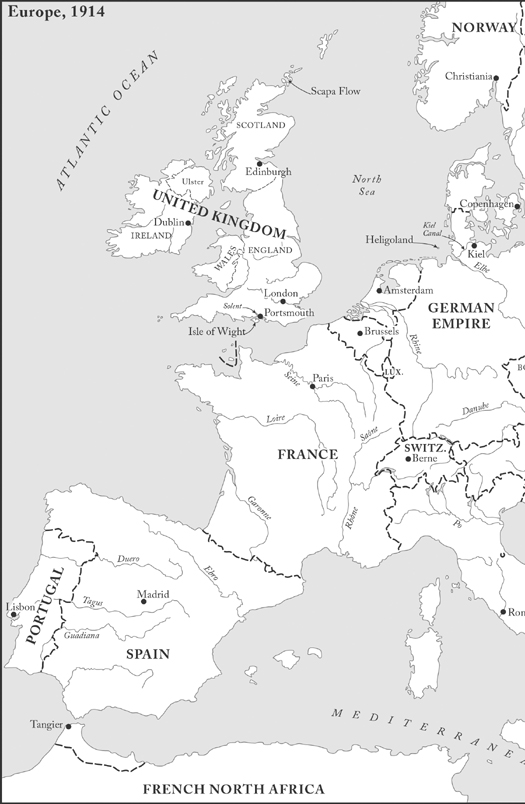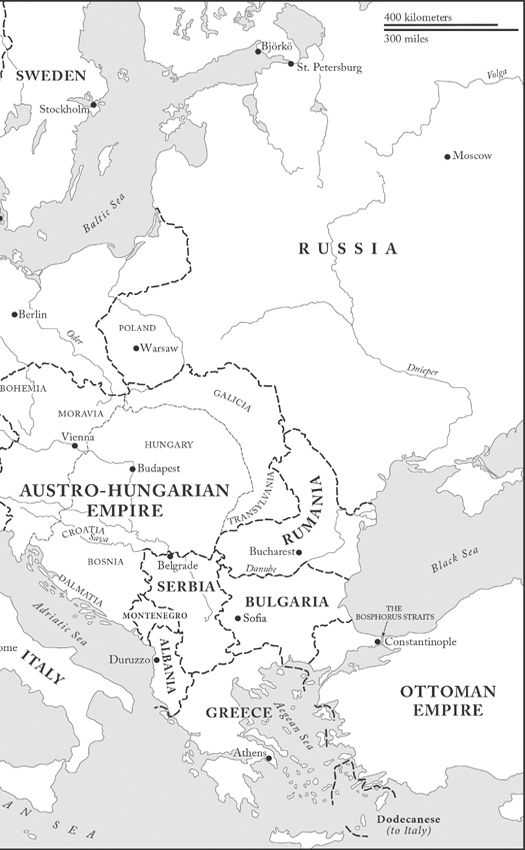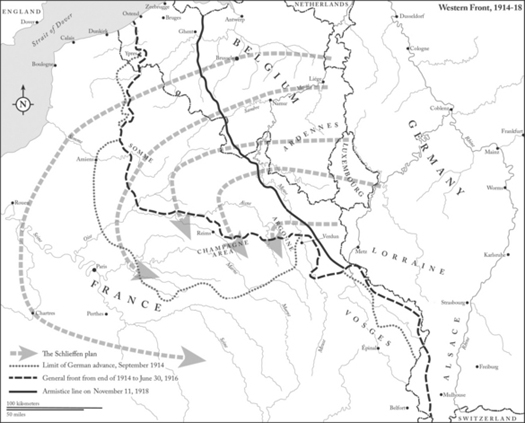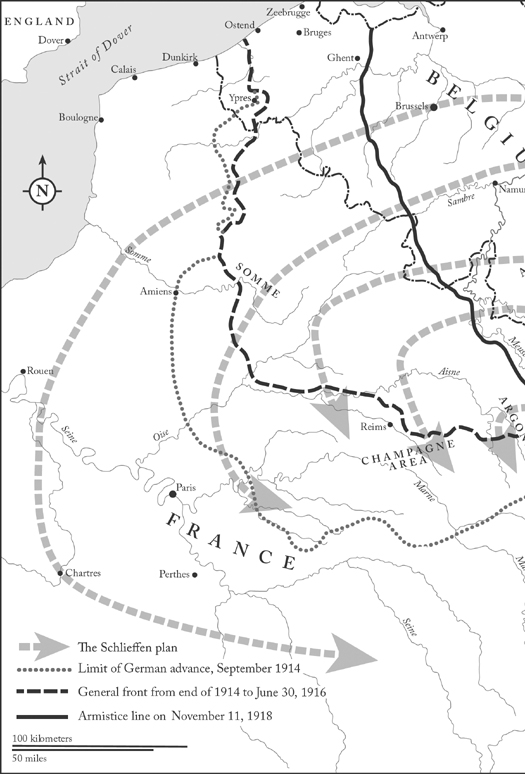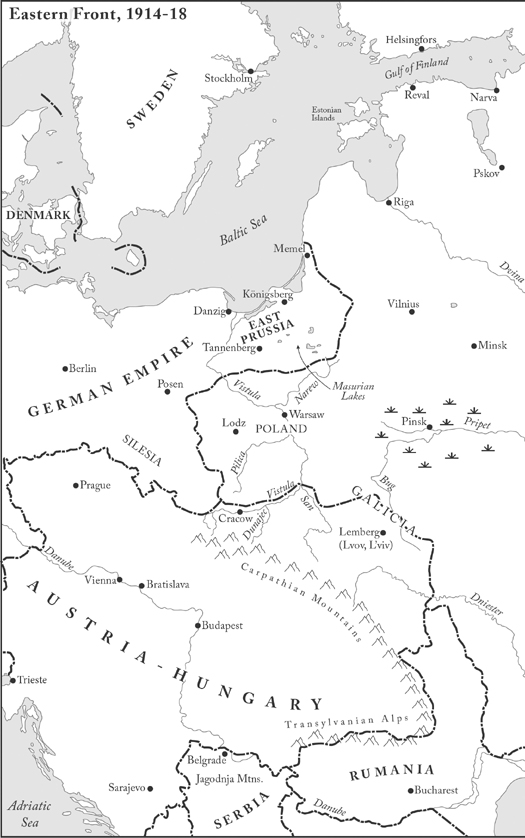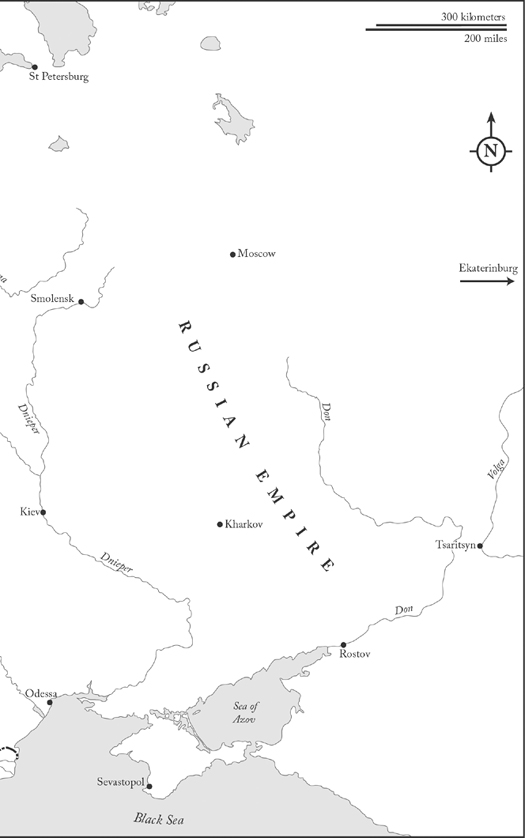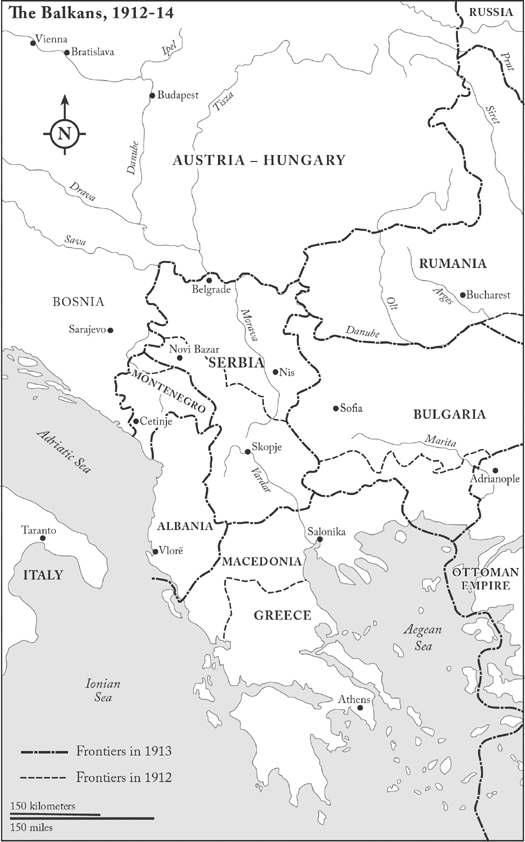Margaret MacMillan - The War That Ended Peace: The Road to 1914
Here you can read online Margaret MacMillan - The War That Ended Peace: The Road to 1914 full text of the book (entire story) in english for free. Download pdf and epub, get meaning, cover and reviews about this ebook. year: 2013, publisher: Random House, genre: History. Description of the work, (preface) as well as reviews are available. Best literature library LitArk.com created for fans of good reading and offers a wide selection of genres:
Romance novel
Science fiction
Adventure
Detective
Science
History
Home and family
Prose
Art
Politics
Computer
Non-fiction
Religion
Business
Children
Humor
Choose a favorite category and find really read worthwhile books. Enjoy immersion in the world of imagination, feel the emotions of the characters or learn something new for yourself, make an fascinating discovery.

- Book:The War That Ended Peace: The Road to 1914
- Author:
- Publisher:Random House
- Genre:
- Year:2013
- Rating:4 / 5
- Favourites:Add to favourites
- Your mark:
The War That Ended Peace: The Road to 1914: summary, description and annotation
We offer to read an annotation, description, summary or preface (depends on what the author of the book "The War That Ended Peace: The Road to 1914" wrote himself). If you haven't found the necessary information about the book — write in the comments, we will try to find it.
NAMED ONE OF THE BEST BOOKS OF THE YEAR BY
The New York Times Book Review The Economist The Christian Science Monitor Bloomberg Businessweek The Globe and Mail
From the bestselling and award-winning author of Paris 1919 comes a masterpiece of narrative nonfiction, a fascinating portrait of Europe from 1900 up to the outbreak of World War I.
The century since the end of the Napoleonic wars had been the most peaceful era Europe had known since the fall of the Roman Empire. In the first years of the twentieth century, Europe believed it was marching to a golden, happy, and prosperous future. But instead, complex personalities and rivalries, colonialism and ethnic nationalisms, and shifting alliances helped to bring about the failure of the long peace and the outbreak of a war that transformed Europe and the world.
The War That Ended Peace brings vividly to life the military leaders, politicians, diplomats, bankers, and the extended, interrelated family of crowned heads across Europe who failed to stop the descent into war: in Germany, the mercurial Kaiser Wilhelm II and the chief of the German general staff, Von Moltke the Younger; in Austria-Hungary, Emperor Franz Joseph, a man who tried, through sheer hard work, to stave off the coming chaos in his empire; in Russia, Tsar Nicholas II and his wife; in Britain, King Edward VII, Prime Minister Herbert Asquith, and British admiral Jacky Fisher, the fierce advocate of naval reform who entered into the arms race with Germany that pushed the continent toward confrontation on land and sea.
There are the would-be peacemakers as well, among them prophets of the horrors of future wars whose warnings went unheeded: Alfred Nobel, who donated his fortune to the cause of international understanding, and Bertha von Suttner, a writer and activist who was the first woman awarded Nobels new Peace Prize. Here too we meet the urbane and cosmopolitan Count Harry Kessler, who noticed many of the early signs that something was stirring in Europe; the young Winston Churchill, then First Lord of the Admiralty and a rising figure in British politics; Madame Caillaux, who shot a man who might have been a force for peace; and more. With indelible portraits, MacMillan shows how the fateful decisions of a few powerful people changed the course of history.
Taut, suspenseful, and impossible to put down, The War That Ended Peace is also a wise cautionary reminder of how wars happen in spite of the near-universal desire to keep the peace. Destined to become a classic in the tradition of Barbara Tuchmans The Guns of August, The War That Ended Peace enriches our understanding of one of the defining periods and events of the twentieth century.
Praise for The War That Ended Peace
Magnificent . . . The War That Ended Peace will certainly rank among the best books of the centennial crop.The Economist
Superb.The New York Times Book Review
Masterly . . . marvelous . . . Those looking to understand why World War I happened will have a hard time finding a better place to start.The Christian Science Monitor
The debate over the wars origins has raged for years. Ms. MacMillans explanation goes straight to the heart of political fallibility. . . . Elegantly written, with wonderful character sketches of the key players, this is a book to be treasured.The Wall Street Journal
A magisterial 600-page panorama.Christopher Clark, London Review of Books
Margaret MacMillan: author's other books
Who wrote The War That Ended Peace: The Road to 1914? Find out the surname, the name of the author of the book and a list of all author's works by series.

